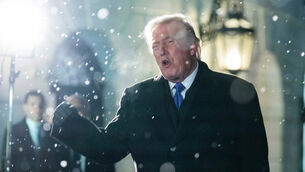Japan withheld worst-case scenario of nuclear crisis
But fearing widespread panic, officials kept the report secret.
The emergence of the 15-page internal document may add to complaints in Japan that the government withheld too much information about the world’s worst nuclear accident since Chernobyl.














